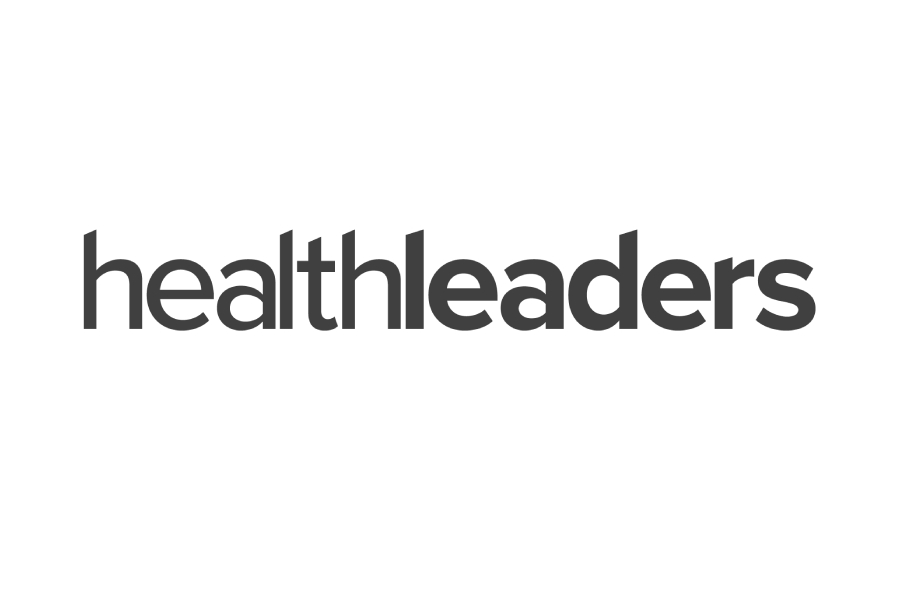A couple of new bills, or rather, retreads of old bills demonstrate increased congressional interest in reforming prior authorization (PA) under Medicare Advantage (MA).
While the success of these bills is not assured, a recent proposed rule shows CMS is willing to move on this issue itself, with Congress serving more as a cheerleader than as a legal authority.
For years, plans that require PA for allowable services have bedeviled providers, who generally consider PA a way for cost-conscious private insurers to keep patients from getting needed services.
Traditional Medicare only rarely requires prior authorization for hospital outpatient department services, such as blepharoplasty and vein ablation. Medicare Advantage is a hybrid — part private, part government — but the private-sector managers of such plans have increasingly required PA for a host of services. As recently as 2008, CMS and the Government Accounting Office (GAO) expressed doubt that MA plans could require PA at all; in 2022, the Kaiser Family Foundation calculated that 99% of MA plans had some PA requirements.
The feds have been slow to push back, despite strong anti-MA sentiment in some quarters of Congress. But this is starting to change.
In December 2022, CMS released an interoperability proposed rule with a heavy PA reform component for MA; the rule is called “Advancing Interoperability and Improving Prior Authorization Processes for Medicare Advantage Organizations.” If finalized as is, the rule would require MA organizations to develop application programming interfaces (API) and to use these to deliver PA results within seven days — though, in special circumstances, that minimum would be sped up to 72 hours.
And now some members of Congress are trying to support that rule with legislation. The Health Care Price Transparency Act of 2023 (H.R. 4822) that currently moved out of the House Ways and Means Committee is mostly about billing reforms in the manner of the No Surprises Act rules — for example, it requires hospitals to “publish gross and cash prices for all items and services and requires publication of prices for at least 300 shoppable services or a consumer-friendly price estimator tool.” But its architects have grafted language onto it from the as-yet-unpassed Improving Seniors’ Timely Access to Care Act (ISTACA) legislation that directly addresses PA under MA.
Sponsors have been pushing ISTACA since 2019, and its progress and prospects have improved incrementally. In 2022, the bill passed in the House but faltered in the Senate. Part of its downfall may have been the $16 billion price tag the Congressional Budget Office (CBO) stuck on it and which supporters maintain is inflated; CMS has estimated that PA reform would actually save the government money.
Alina M. Czekai, vice president of strategic partnerships at Cohere Health, a prior authorization consultancy in Boston, as well as a former senior advisor to CMS Administrator Seema Verma, says “they’ve rolled [ITASCA] into a bigger health care package, which is the sort of thing Congress will sometimes do to try to move something forward — [in this case] hitching it to other bipartisan issues like price transparency.”
The Price Transparency bill’s Title III section (“Establishing Requirements with Respect to the Use of Prior Authorization Under Medicare Advantage Plans”) requires an “electronic prior authorization program” and “real-time decisions.”
Though similar in outline to the interoperability rule’s requirements, it is also vaguer about how these would be achieved, notes Robert Tennant, vice president, federal affairs for the Workgroup for Electronic Data Interchange (WEDI) in Washington, D.C.
For example, Tennant says, in its rule CMS “has proposed the Fast Healthcare Interoperability Resources (FHIR) standard that could result in real-time responses to some prior authorization questions.” The current bill largely avoids technical details.
Despite the bill’s vagueness, Tennant believes the introduction and reintroduction of the basic PA reform concepts in legislation is a good sign, and that the efforts to put these PA standards into law have emboldened CMS to go forward with its rule.
“I think this bipartisan, bicameral legislation signaled to CMS that there was interest on the Hill in solving prior authorization and that’s what led to the proposed rule and hopefully the final rule,” Tennant says.
To read this entire report, subscribe to Part B News.
Part B News, the leading industry information source for practice leaders and physicians, is a sister publication of HealthLeaders. Subscribe here.


